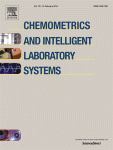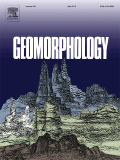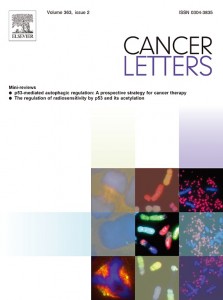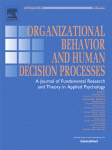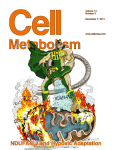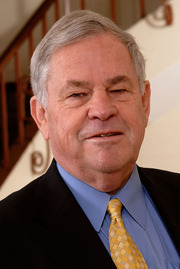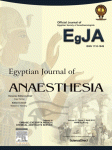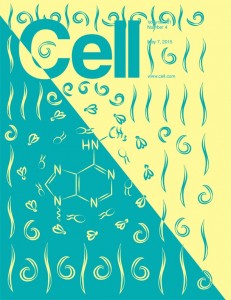 Researchers at Harvard have retracted a Cell paper on biofilm disassembly after they repeated the experiment—following contradictory results from another team—and the new results “can no longer support” the original conclusions.
Researchers at Harvard have retracted a Cell paper on biofilm disassembly after they repeated the experiment—following contradictory results from another team—and the new results “can no longer support” the original conclusions.
The 2012 paper, “A Self-Produced Trigger for Biofilm Disassembly that Targets Exopolysaccharide,” describes a factor called norspermidine, produced by the bacteria Bacillus subtilis, that appeared to break down biofilms. The researchers used it to prevent biofilm formation of B. subtilis, Escherichia coli, and Staphylococcus aureus. The paper was cited 72 times, according to Thomson Scientific’s Web of Knowledge.
Two years after it was published, a team from University of Texas Southwestern Medical Center in Dallas and the University of Dundee in the UK contradicted the findings in another Cell publication, “Norspermidine Is Not a Self-Produced Trigger for Biofilm Disassembly.” This time, the authors concluded that norspermidine is not present in B. subtilis biofilms, and actually promotes, rather than breaks down, biofilms. They wrote: Continue reading Harvard biofilm paper in Cell breaks down after challenged findings can’t be repeated

